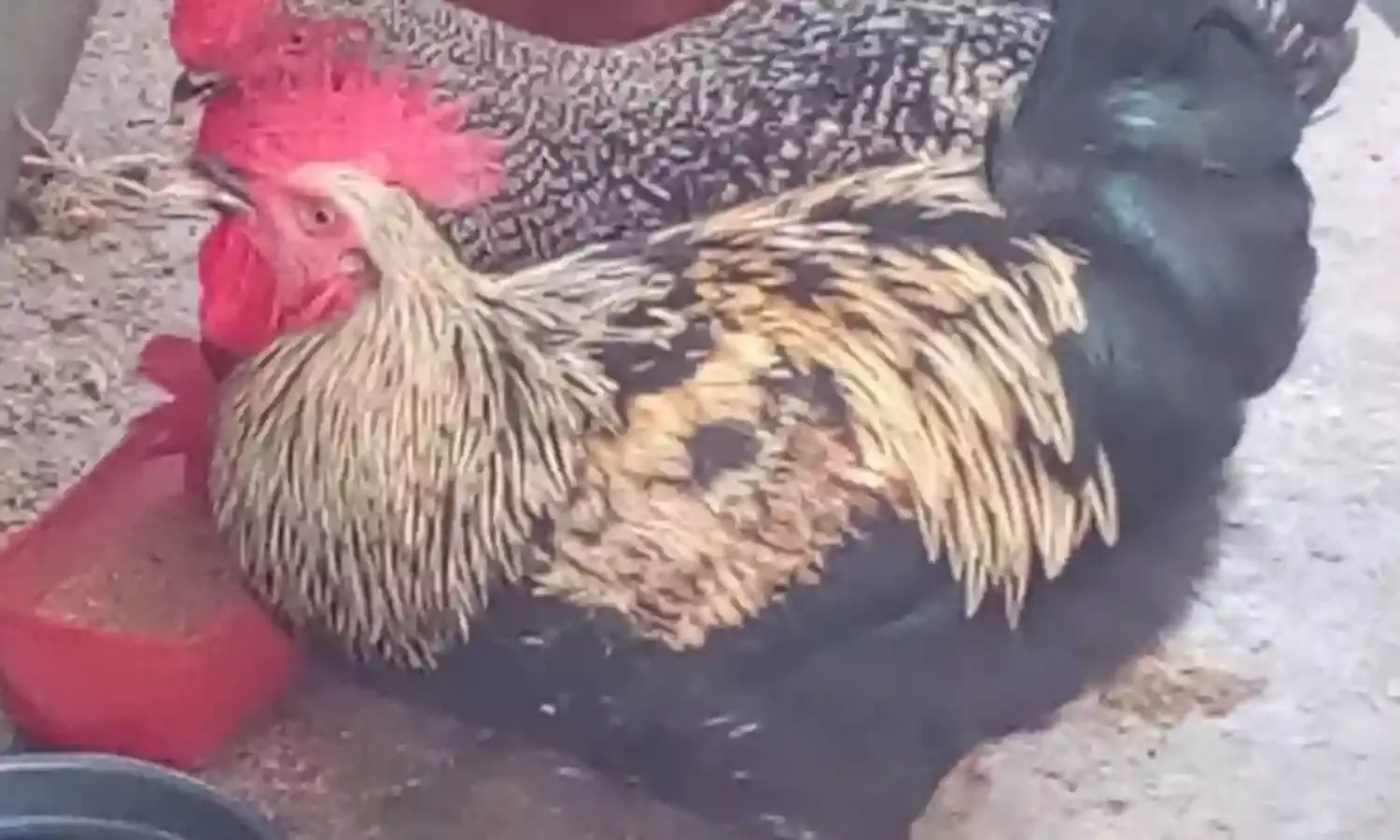Chicken likely out of menu for Christmas – Consumers, sellers
A poultry farmer, Peter Alabi, however, said that the increase in the price of day-old chicken, which he claimed was the bedrock of poultry production, was another factor responsible for the high cost of chicken.;

As this year’s Christmas draws near, it is likely that most families will be celebrating the day without chicken on their menu.
A cross-section of consumers, poultry sellers, and producers who spoke with the newsmen in Ibadan on Thursday attributed this to the rising costs of chicken and production items.
It was observed that in some major markets in Ojoo, Dugbe, Mokola, and Iwo Road, an average chicken was sold for between N15,000 and N17,000.
A civil servant, Mr. Stephen Abidogun, said he could not afford to buy chickens for Christmas and had, therefore, opted for substitutes.
“Whatever I find within my means that can be substituted for chicken—fish, meat, or ponmo—will be used, as there are school fees to be paid for the children in January.
“My take-home pay has been made meaningless as a result of the rising cost of living and the constant devaluation of the naira.
“Salaries have remained the same while prices of goods and services have tripled within this period.
“With the economic downturn in Nigeria now, one has to live within his means,” Abidogun said.
A chicken feeds seller, Mrs. Mariam Samuel, said prices of feeds had also gone up, attributing it to one of the reasons behind the escalated prices of chicken.
Samuel said, “The price of maize, which is a major ingredient in the production of feeds, has gone from N300 to N800 per ‘kongo’.
“Ultima Finisher, which now sells for N17,000, was sold for N15,000, while Topfeeds, which used to sell for N10,200, now sells for N12,900,” she said.
A poultry farmer, Peter Alabi, however, said that the increase in the price of day-old chicken, which he claimed was the bedrock of poultry production, was another factor responsible for the high cost of chicken.
“A day-old chick is now N1,000,” he said.
Alabi also stated that the rise in the prices of maize and other items in the production of feeds had contributed mostly to the lack of enough fowl for sale.

